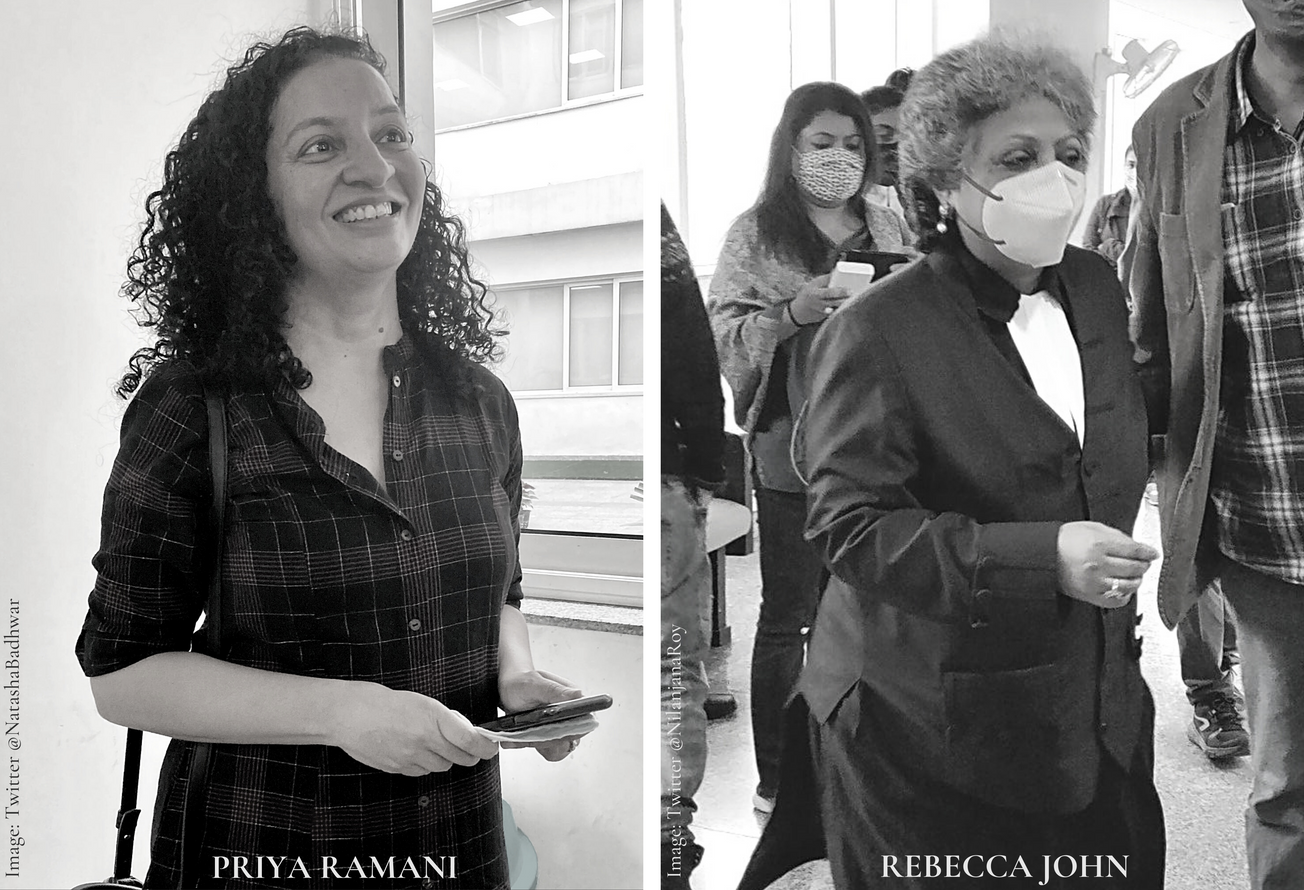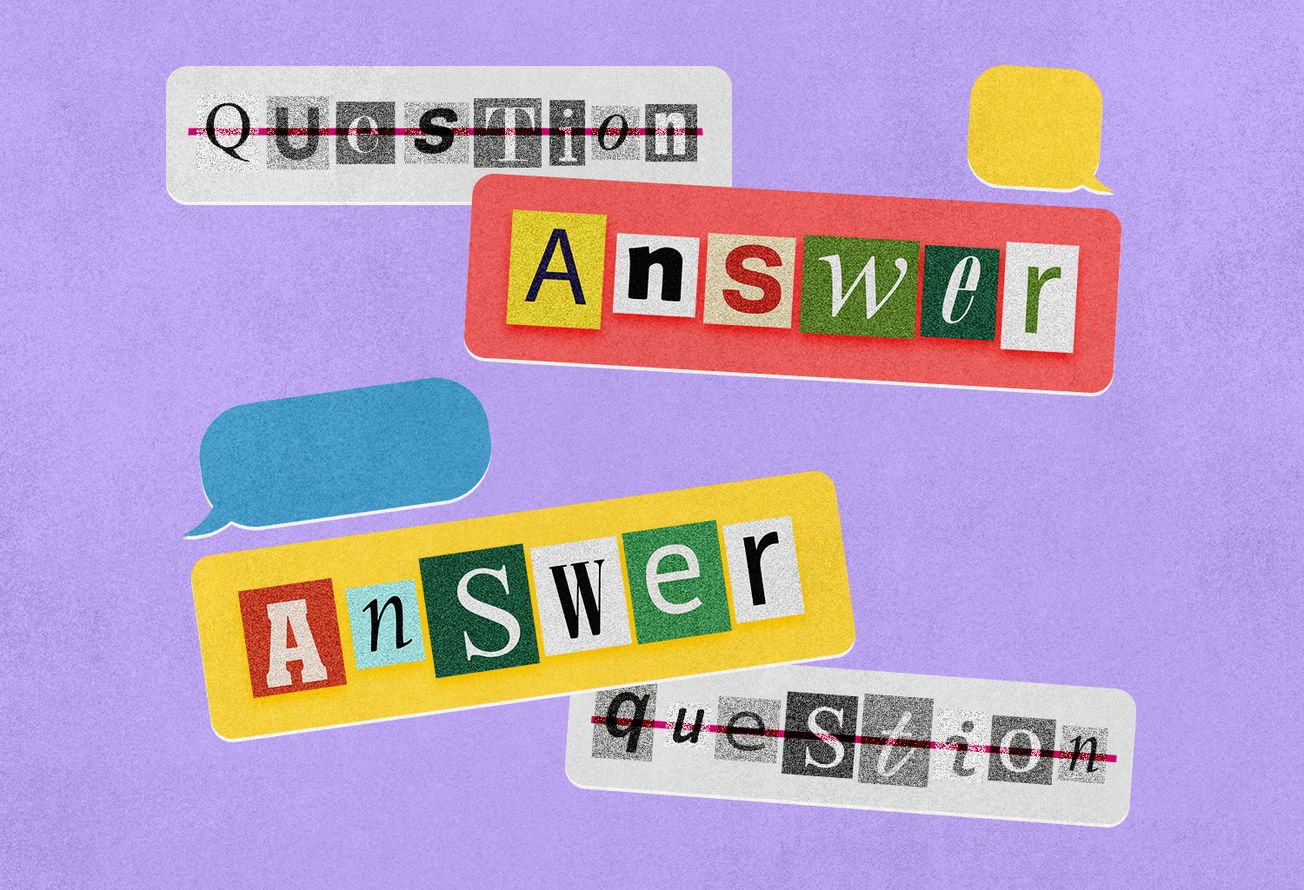Trigger Warning: Child sexual abuse, victim blaming, survivor trauma
When I read about the ninety-one-page judgement on the Priya Ramani vs M.J. Akbar case, two things stuck: one was that a woman has the “right to put her grievance on any platform of her choice and even after decades” and the second was that “sometimes the victims themselves do not understand what is happening to them or what is happening to them is wrong.” The judgement filled me with hope. At first, I was so struck with the unexpected validation that I was at a loss for words. Now, I am compelled to tell my own story.
The court underlines the lack of awareness pertaining to the "appropriateness of what is happening when it comes to sexual harassment or abuse". This is so pertinent. There are no clear codes taught to us when we are children about what behaviour is appropriate and what is not; talking about “good touch and bad touch” is still considered taboo by most Indian parents. By the time we are able to understand what exactly happened and find the courage to confide in someone, the chosen listener is clueless about how to receive and respond to this information. In most cases, much time has lapsed—and that has legal consequences. Often, not only are those we confide in clueless about how to handle survivor trauma sensitively, they end up victim blaming or hushing us up as they are afraid and ashamed. There’s usually no legal reprieve either.
A few years ago, I confided in a lawyer-friend about how I was groomed and sexually abused by my father’s business associate for quite a few years. I cannot be sure of my exact age but I do remember it was before I turned eight. I was hoping my lawyer friend would tell me what my legal options were. She informed me that since at least fifteen years had passed, I did not have a case. Moreover, if I were to speak up, I could face a defamation case.
In a dramatic event of sorts, a few months after my disclosure to my lawyer friend, I told my mother about my sexual abuse. The perpetrator was, at that time, still working closely with my father. My mother, who was also part of the family business, fired him. Never in twenty-five years of my existence had my mother hired or fired anybody. But she did fire him. But that wasn’t her first reaction. She first got very angry with me and asked what I had been doing in the office in the first place.
I can’t remember for how long I tried to rationalize her reaction. For me, it had been a big deal to reveal what had pained and shamed me. She could not comfort me and that only aggravated my suffering. It was a classic blame-the-victim-response: “What were you doing in the office in the first place?” I was a child. I was playing. We didn’t have any designated play areas—the office, the whole neighborhood, even the shops were our playground. Why had I not told her this earlier? Why after so many years? This really felt like an assault. Yet I mustered up the courage to tell her that it was because I didn’t know what he was doing with me was wrong.
As a five or six-year-old, I was sexually groomed. He taught me how exactly to sit in his lap and use my tiny hands and fingers behind the desk while he was dealing with customers. I was taught how to “play” with him in the back-office while he went over his papers. In that conversation with my mother, I did not know how to explain all this so I simply skipped the details. My mother screamed at him and told him he was fired. I was hardly impressed. Firstly, my mother is always screaming at everyone, so it felt banal. Secondly, she started boasting about having shown him his place. I could never really process the truth that my own mother had blamed me for being sexually abused when I was a child. I had hoped, naïvely, that my revelation would lead to my parents feeling hurt on my behalf, comforting me, and backing me in a fight for justice. I was certain they’d have a suggestion for me that would help resolve the pain, angst, and confusion I had carried within me for so long. Sadly, now I understand better how the judiciary and family really function.
I had gone on for fifteen years safeguarding this revolting secret. I had to put up with seeing him each afternoon when I would return home from school. Every Holi, Diwali, and Durga Puja that I’ve ever spent at home was celebrated in his presence. Later, when I left home for college and would have to call my father for the rent and monthly expenditures, all calls were diverted to him. I sometimes even wish I hadn’t told anyone. I was especially disillusioned by my mother’s response as I felt she’d be the one person who’d surely defend me. Wouldn’t I have been better off without her boasting about how she fired him, holding the story up to our maternal cousins as her own medal of honor, and forgetting that it was also the story of my abuse and trauma? As for my father, he mostly remained absent. His elder brother lied to his children about why our manager who had served the family business for decades was suddenly fired. As the “head” of our family, he instructed me never to tell my story again, lest the walls hear it. Did my family really think they were protecting me by putting the family’s repute and their own selves before me? How could they not understand that this would re-traumatize me?
So, in keeping with Ms. Ramani’s judgment, quite literally, here I am—exercising my right as a woman to put my grievance out on a platform of my choice after more than two decades. Only, I am unsure how much of this grievance I have shared with you is against my perpetrator and how much of it is against my own parents, my uncle, my lawyer friend, and the system that makes me feel as deprived as I do today.






